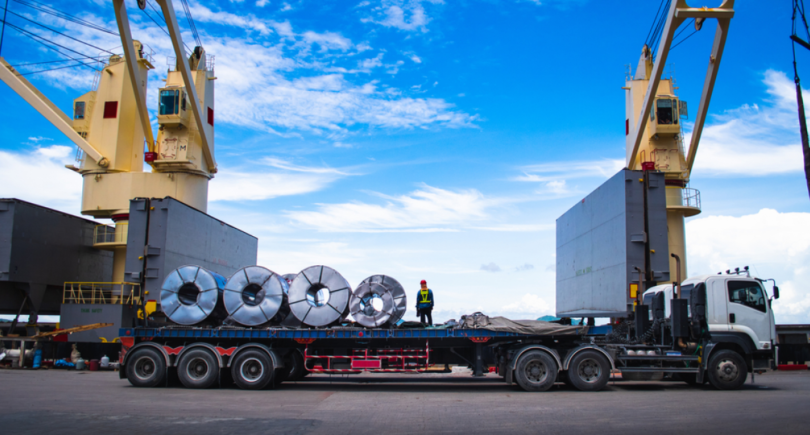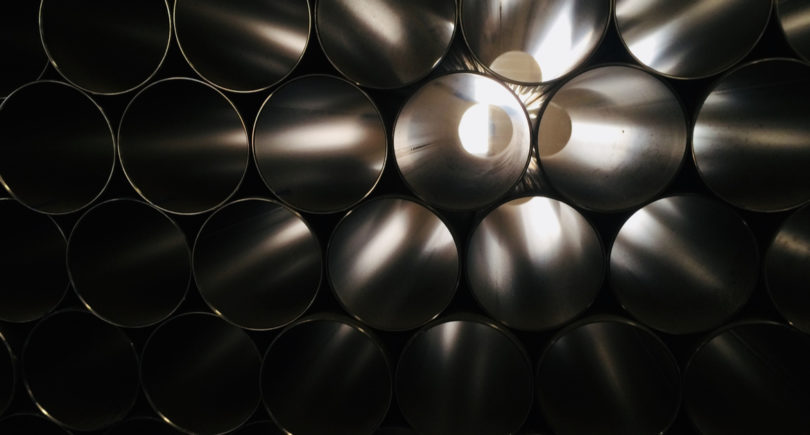
News Global Market торговельна війна 489 08 July 2025
At the same time, a number of trading partners have received letters with the rates effective from August 1
US President Donald Trump has officially postponed the increase in “reciprocal” tariff rates for dozens of countries from July 9 to August 1, while sending letters to 14 countries with a detailed description of the duties that await them from that date.
This week was supposed to mark the end of the 90-day tariff pause announced in April this year.
According to the White House statement on the letters, in some cases, countries will be subject to a revised reciprocal tariff rate lower than that announced on April 2. For others, it may be higher than the previous one.
Among the countries that received letters on July 7 are the following
- Japan (new “reciprocal” rate – 25%),
- South Korea (25%),
- South Africa (30%),
- Kazakhstan (25%),
- Laos (40%),
- Malaysia (25%),
- Myanmar (40%),
- Tunisia (25%),
- Bosnia and Herzegovina (30%),Indonesia (32%),
- Bangladesh (35%),
- Serbia (35%),
- Cambodia (36%),
- Thailand (36%).
The higher tariffs will take effect on August 1 and will not be combined with previously announced industry-specific tariffs, such as those on automobiles, steel, and aluminum.
When asked by the press whether the deadline was firm, Trump replied, «I would say firm, but not 100% firm. If they call and say we would like to do something differently, we will be open to that.»
In letters that were made public, Trump hinted at the possibility of further negotiations and warned that retaliatory measures would provoke a similar response.
“If for any reason you decide to raise your tariffs, regardless of the amount you raise them, it will be added to the 25% we are charging,” Trump said in letters to Japan and South Korea published on his Truth Social platform.
Both countries have said they plan to continue negotiations with the United States. In particular, Japan has said it is working on a trade agreement. However, elections to the upper house of the Japanese parliament on July 20 could complicate trade negotiations.
The EU is seeking to conclude a preliminary trade agreement with the US this week, Bloomberg reports. This will allow the bloc to lock in a 10% tariff rate after the August 1 deadline, as the parties negotiate a permanent agreement.
Currently, the European Union faces 50% tariffs on steel and aluminum exports, 25% tariffs on cars and auto parts, and 10% tariffs on most other goods. The United States is also considering further tariffs on pharmaceuticals and semiconductors.
Trump administration has announced agreements with the United Kingdom, Vietnam, and China, which provided for the de-escalation of trade tensions.
As GMK Center reporte earlier, on June 4 of this year, the US president raised tariffs on steel and aluminum imports to the country from 25% to 50% (except for metals from the United Kingdom).




